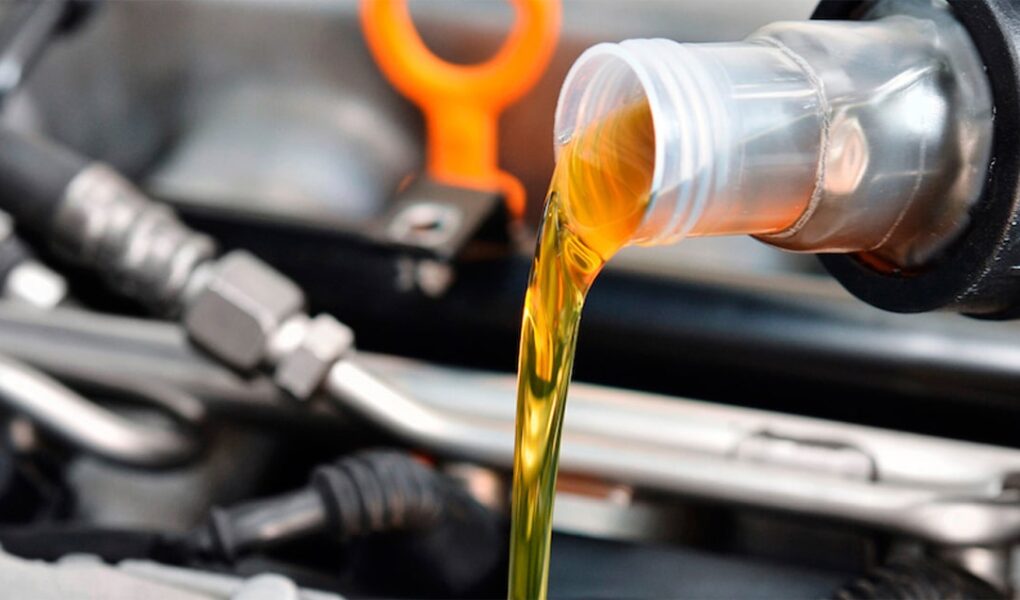Understanding the roles of a lubricant supplier helps companies find the right partner for their needs. The supplier must provide technical expertise, problem-solving acumen, and leveraged resources to solve specific application challenges.
A supplier must also offer a diverse toolbox of chemistry options. However, some companies may not require a wide variety of formulations.
Technical Support
Lubricant suppliers often provide technical support and services, including training, lubrication equipment, and oil analysis. This is a critical service to ensure that customers understand the performance benefits of using high-quality lubricants and proper lubrication techniques.
Suppliers that offer training for distributors and channel partners may increase customer satisfaction, retention, and sales. All lubricant suppliers do not offer lubricant training, so carefully evaluate each potential provider’s technical training resources to find the right match for your business.
Many applications have recurring challenges or work under harsh operating conditions, and these unique requirements require suppliers with the knowledge and problem-solving skills to meet or exceed the customer’s expectations. A crucial evaluation criterion is identifying lubricant supplier VA capabilities to address challenging application challenges. In addition, evaluating the supplier’s ability to deliver lubricants that meet your environmental, chemical responsibility and manufacturing standards is essential. This is particularly important when addressing food processing or lubricant use in sensitive environments.
Supply Chain Management
Lubricant suppliers utilize well-established logistics and supply chain management systems to deliver products to customers around the globe efficiently. They have a network of distributors and warehouses and a fleet of delivery vehicles that enable them to quickly deliver products to the customer.
In addition, a lubricant supplier must comply with strict industry standards and regulations. This includes ensuring that their lubricants are manufactured in facilities adhering to strict manufacturing practices and meeting the required quality and safety standards. They must also provide detailed product and safety data sheets to customers.
Lubricants must be formulated with specific additives to meet the requirements of each unique application. This requires intimate knowledge of the system itself – including the equipment type, working conditions, and tribology – to ensure the best solution is recommended. This may require a diverse chemistry toolbox that enables the supplier to provide an entire range of options for each application.
Inventory Management
Lubricants are essential to industrial equipment like compressor systems, turbines, and other mechanical equipment. They lower friction, provide cooling and seals, and control soot, impurities, sludge, and deposits in the equipment. Today’s lubricants contain sophisticated chemical structures tailored for specific operating conditions and applications.
Lubricant suppliers invest in research and development to create innovative, more energy-efficient, environmentally friendly, longer-lasting, and cost-effective products. They also develop technologies, such as lubricant condition monitoring systems, to support their customers in optimizing their lubrication programs. Each company has unique lubricant needs and must determine what capabilities are most vital for them to select the right supplier.
Quality Control
Lubricant suppliers use highly specialized processes and testing to ensure their products meet customers’ needs. This includes ensuring that all product lines meet strict industry and safety standards. They must also be able to provide detailed material safety data sheets and compliance documentation for their customers.
The level of technical support a company needs can also influence supplier selection criteria. For example, a gas processing company that requires more advanced lubricants and operating environments will likely value a lubricant supplier with local technical support and a willingness to customize lubricant recommendations.
Finally, a lubricant supplier that can integrate equipment sensors for continuous monitoring and predictive lubricant performance can significantly reduce maintenance time and costs.




